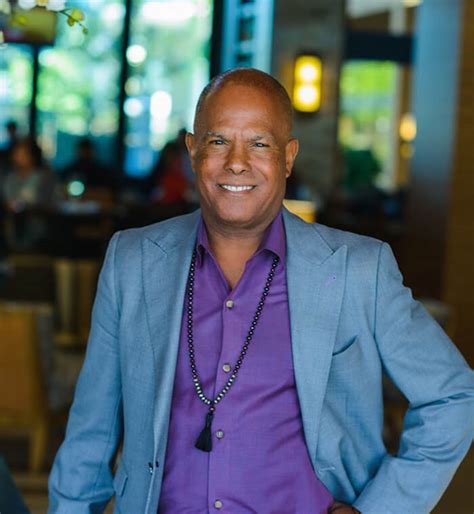A Quote by Albert Schweitzer
To educate yourself for the feeling of gratitude means to take nothing for granted.
Related Quotes
To educate yourself for the feeling of gratitude means to take nothing for granted, but to always seek out and value the kindness that stands behind the action. Nothing that is done for you is a matter of course. Everything originates in a will for the good, which is directed at you. Train yourself never to put off the word or action for the expression of gratitude.
A prayerful life is the key to possessing gratitude. We often take for granted the people who most deserve our gratitude. Let us not wait until it is too late for us to express our gratitude. Feeling gratitude and not expressing it is like wrapping a present and not giving it. If I gratitude be numbered among the serious sins, then gratitude takes its place among the noblest of virtues. To express gratitude is gracious and honorable, to enact gratitude is generous and noble, but to live with gratitude ever in our hearts is to touch heaven.
Gratitude is a feeling not statement. It is so easy to say we are grateful that I often don't stop to really, really take the time to experience gratitude. Saying the words doesn't mean a thing without the feeling and it takes a moment of genuine reflection to summon that feeling. This Thanksgiving don't shortchange yourself with hollow words.
One day I found out that personal history was no longer necessary for me and, like drinking, I dropped it... Little by little you must create a fog around yourself; you must erase everything around you until nothing can be taken for granted, until nothing is any longer for sure, or real. Your problem now is that you're too real. Your endeavors are too real, your moods are too real. Don't take things so for granted. You must begin to erase yourself.
Jeronimo, my grandfather, swine-herder and story-teller, feeling death about to arrive and take him, went and said goodbye to the trees in the yard, one by one, embracing them and crying because he knew he wouldn't see them again. To truly appreciate life we must remember that nothing lasts for ever and take nothing we enjoy for granted. In so doing we stay grateful and happy for all our good fortune.
Nothing helps us build our perspective more than developing compassion for others. Compassion is a sympathetic feeling. It involves the willingness to put yourself in someone else's shoes, to take the focus off yourself and to imagine what it's like to be in someone else's predicament, and simultaneously, to feel love for that person. It's the recognition that other people's problems, their pain and frustrations, are every bit as real as our own-often far worse. In recognizing this fact and trying to offer some assistance, we open our own hearts and greatly enhance our sense of gratitude.





































